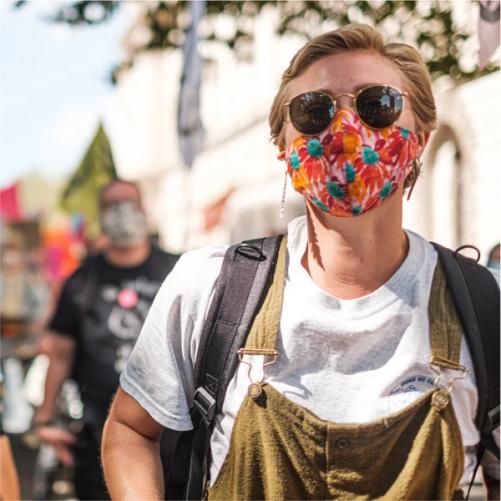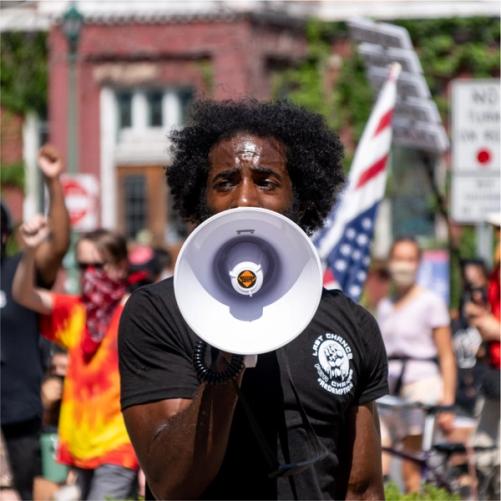Stories from our work
Stories from our work
South Africa Adopts Law Against Hate Speech and Hate Crime
2023
Despite a robust legal framework that protects and grants rights to the LGBTQIA+ community in South Africa, hate crime and discrimination remain a harsh reality for many. Now, a new law has been introduced that could be a crucial step towards a more inclusive future.
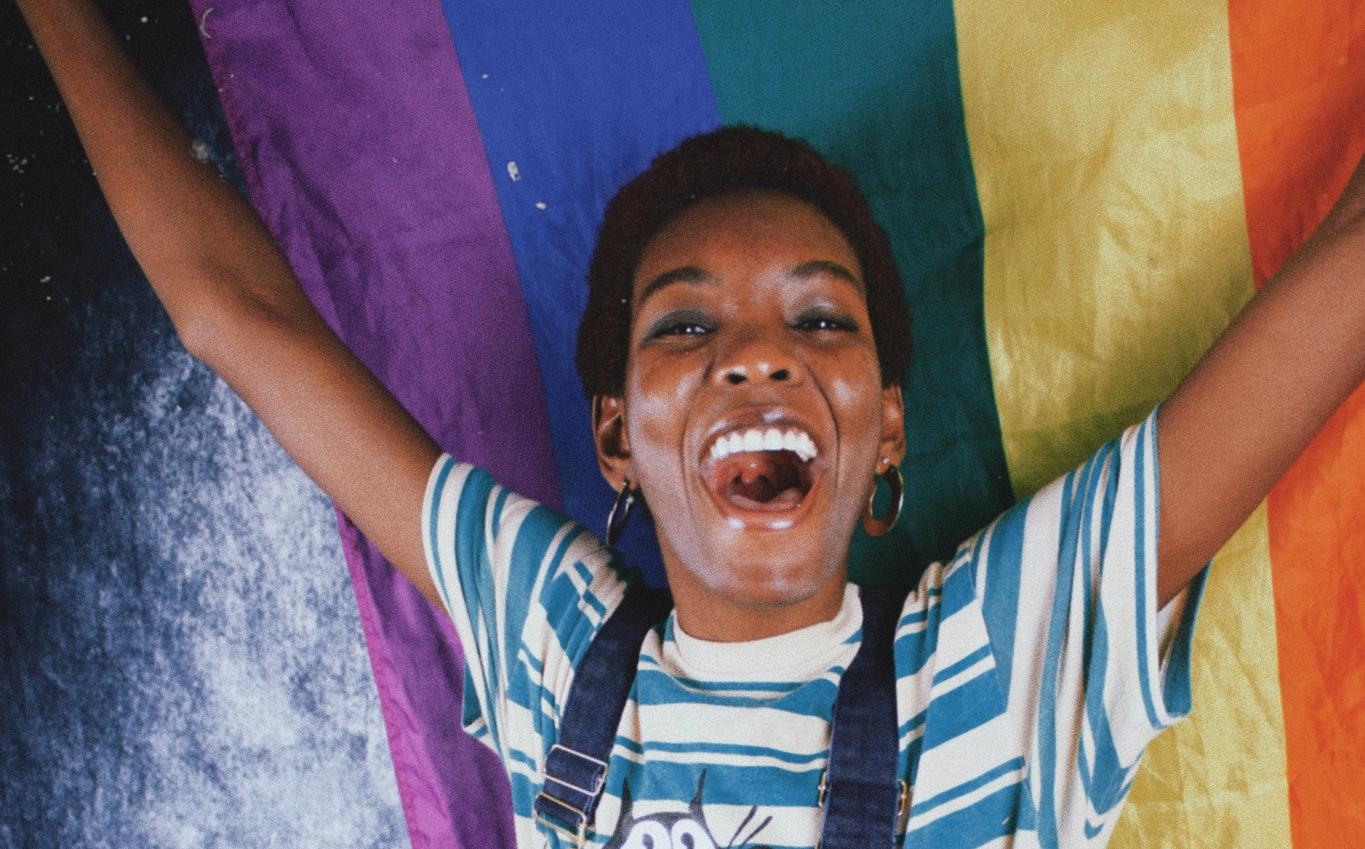
On a football field outside the university town of Potchefstroom in South Africa, stands a burnt-out car. Inside lies the body of 22-year-old Sam Mbatha.
Sam was a student, leader of the local student parliament, and openly queer in one of the few African countries where this is legal. His murder adds to the list of killings of queer students and activists in South Africa. In 2021, over 25 murders of queer individuals were reported, with the actual numbers believed to be much higher.
Rainbow Nation on Paper
South Africa is among the African countries with the best laws protecting queer rights. In some ways, the rights surpass those in Norway, at least on paper.
Transgender people have the right to gender-affirming treatment, and same-sex marriage and adoption for queer couples have been legal since 2006 and 2002.
The authorities in the country describe themselves as a "Rainbow Nation." However, for Sam Mbatha, rainbow legislation did not protect him.
The reality in South Africa is different from the laws on paper. Cis men sexually assault black lesbian women in the belief that it will make them heterosexual. Transgender individuals often face discrimination and are denied life-saving gender-affirming health care. Gay men are increasingly being taken hostage by criminal groups luring them through the dating app Grindr and demanding ransom.
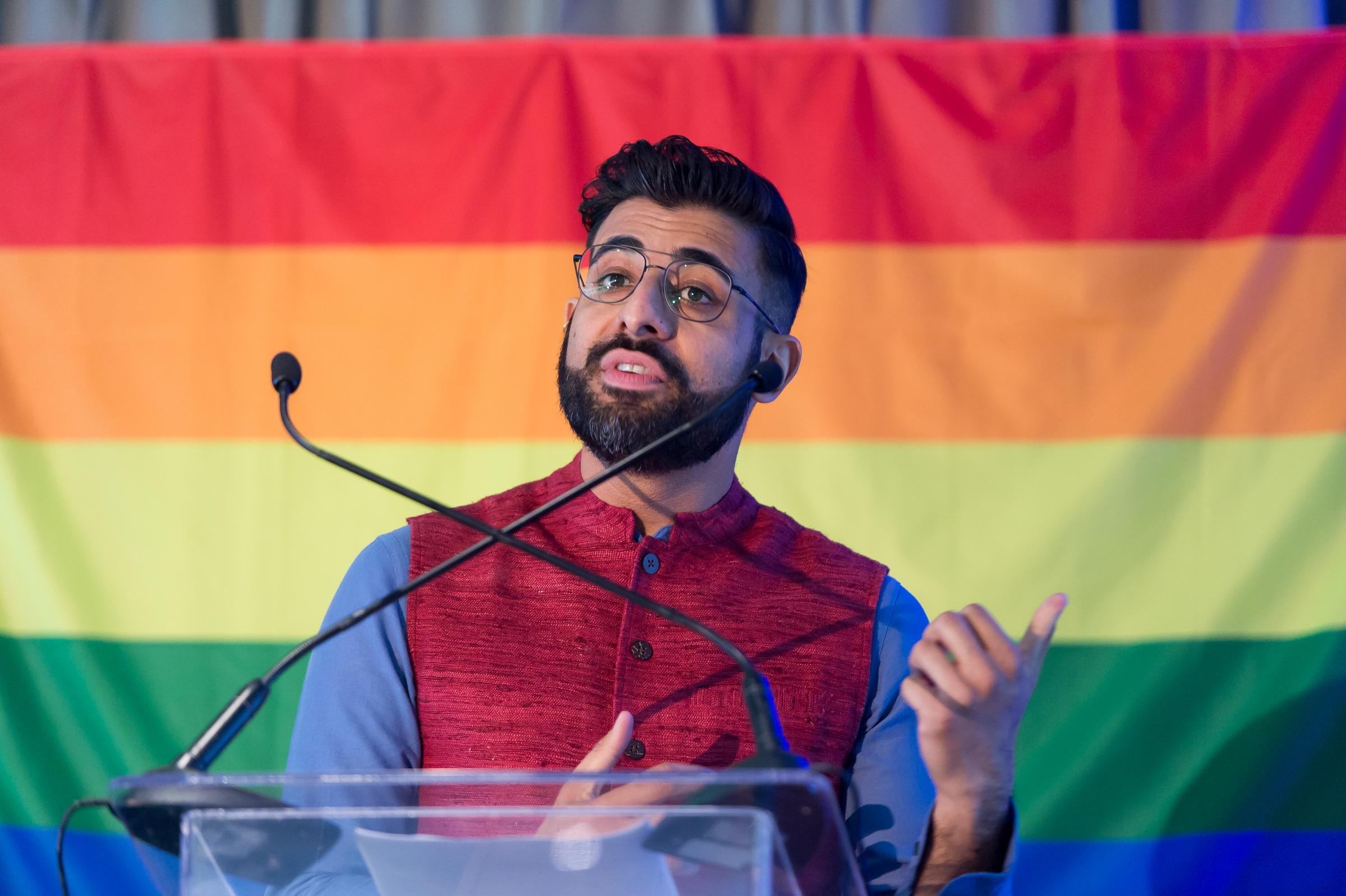
Hate Crime and Hateful Speech
South Africa lacks a law that provides specific protection for queer individuals against hate crime and hateful speech, and the police have therefore not received adequately training on how to address these issues.
SAIH's partners, including the queer archive GALA, have long been engaged in advocacy to pass such a law and raise awareness among public institutions on how to support the queer community.
There has always been limited information about the prevalence of hate crimes in South Africa, and many cases never come to light due to a lack of media interest and grassroots resources. In addition, many cases go unreported because victims feel that the police and authorities cannot or will not act to protect them and deliver justice.
GALA, along with the South African civil society, has documented several murders, sexual assaults, and incidents based on homophobia and transphobia over the past decades. Between 2013 and 2017, the Hate Crimes Working Group (HCWG), of which GALA is a member, documented 945 cases of probable hate crime. 35 % involved lesbian or gay victims, and an additional 8 % involved transgender individuals.
Meanwhile, the South African Department of Justice reports that only 11 hate crime cases were resolved between 2005 and 2017.
Change on the horizon
In the past 16 years, GALA has been working for a law that protects queer individuals against hate crime and hateful speech through HCWG and its predecessor, and it is now on the verge of realization.
The slow progress is due to conservative church groups that have strongly protested against the ban on hate speech, which they believe violates religious freedom.
The law is crucial for the queer community in South Africa. Not only will it send a strong message that hate, and prejudice are unacceptable in our society, but it will also assist the police and the courts in investigating, prosecuting, and punishing hate crimes and hate speech. It will also provide us with important information and statistics so that we can better understand why these events occur and implement successful measures.
To take effect, the law must be signed by South Africa's president.
Now, it remains to be seen whether the law will be just another rainbow law on paper or whether it will help protect queer individuals from violence and abuse.
More stories from our work
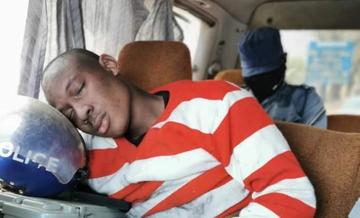
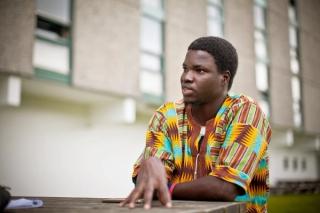
Stories from our work
